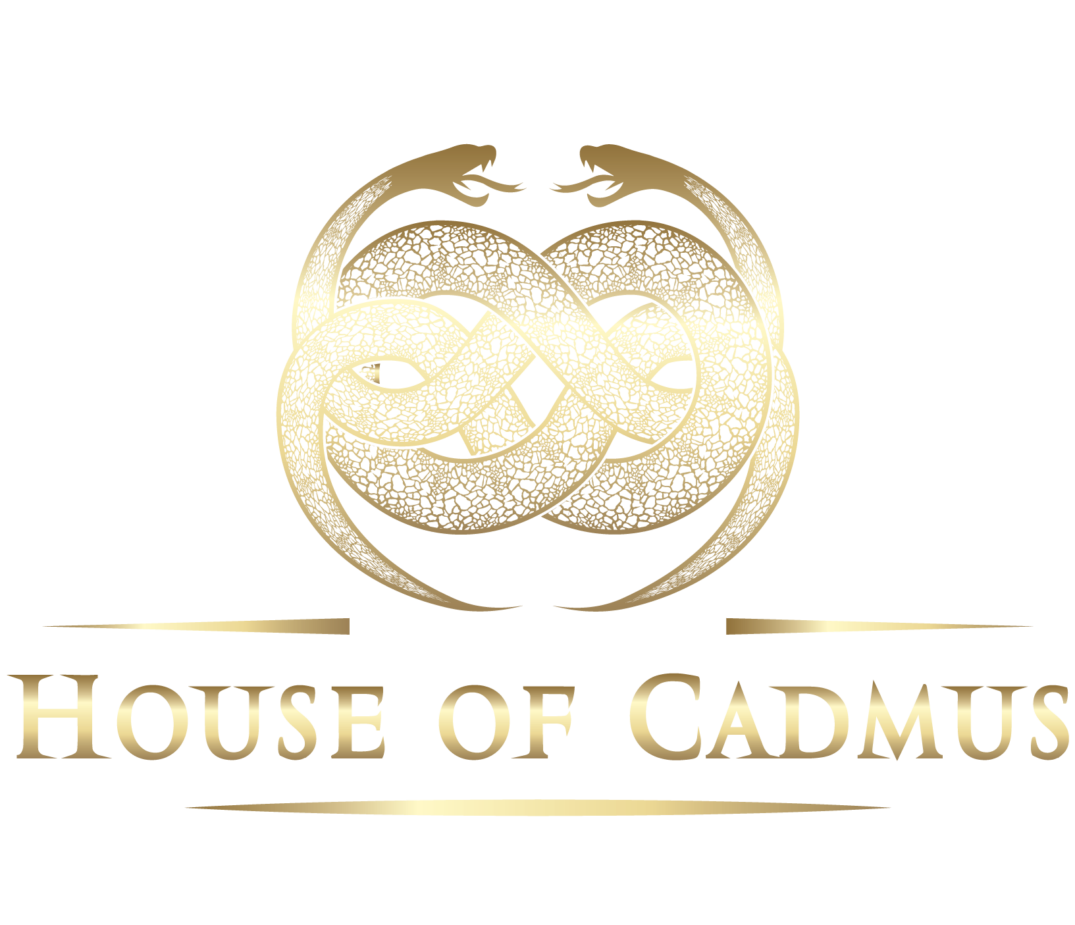As an iconic, influential, and leading aesthete of his day, Oscar Wilde made no secret of his tastes. From wearing his hair long and putting green carnations in his buttonhole to decorating his rooms with peacock feathers, Wilde sought to express himself fully through his appreciation of and dedication to beauty and art.
Renowned for his wit, personality, and works such as The Picture of Dorian Gray and The Importance of Being Earnest, Wilde’s lasting impact is unique within the history of literature. For many classic authors, we remember and respect them because of their work. It’s solely their contribution to the literary world that maintains their position within the modern discussion. With Wilde, we know and love him not only for his work, but for his personality and the carefully crafted character and facade that was so memorable, so singular that it left a mark of its own within literature and wider culture as a whole. Despite all that we know about Wilde, he leaves you wanting more.
To understand our favorite authors on a deeper level, we can look to their favorite authors and books. This has never been more true than in regards to Oscar Wilde, who was so impacted by the ideas and ideals of his favorite writers, poets, and thinkers that he shaped his life around those aesthetic ideals.
“It is what you read when you don’t have to that determines what you will be when you can’t help it.”
-Oscar Wilde
Some of Oscar Wilde’s greatest influences—including Swinburne and Pater—actually became something like personal friends of his. Not all of his relationships with people of artistic and literary influence ended well, but these artists’ influence over Wilde impacted his work and approach to art, poetry, prose, and playwriting so much that the press—which had ridiculed him mercilessly from the start of his career—claimed he had borrowed directly from his favorites and was little more than a poor imitation. While modern readers who are well-versed in the ways of Baudelaire and Pater are able to see the impact of Wilde’s favorites in his work, they can also recognize Wilde’s style and talent in a way that many within his own time did not.
While it’s difficult to nail down anything close to a comprehensive list of any classic author’s favorite books and authors, Oscar Wilde comes as close as possible thanks to his prison library. Imprisoned for homosexuality (charged as “gross indecency”), Wilde was sentenced to two years of hard labor in 1895. In Reading Gaol, he was given special privileges and allowed to keep books in his cell and keep his light on later in order to read them. These choices for his prison library point us directly to the titles he enjoyed the most, the books he simply did not want to live without. In many ways, these books were Wilde’s “desert island’ books.
“The Library here contains no example of Thackeray’s or Dickens’s novels. I feel sure that a complete set of their works would be as great a boon to many amongst the other prisoners as it certainly would be to myself.”
-Oscar Wilde in a letter requesting books for his prison library
Oscar Wilde’s Prison Library

Collected Works of Matthew Arnold

by St. Augustine

by St. Augustine

Works
by Charles Baudelaire

by John Bunyan

by Geoffrey Chaucer

by Dante

by Dante

Collected Works of John Dryden

by Gustave Flaubert

La Tentation de St Antoin (The Temptation of St. Antony)
by Gustave Flaubert

The Damnation of Theron Ware: Or Illumination
by Harold Frederic

by Charles L Freeston

by Goethe

by Sabine Baring-Gould
“If one cannot enjoy reading a book over and over again, there is no use in reading it at all.”
-Oscar Wilde


by Thomas Hardy

The Longer Poems of John Keats

Epic and Romance: Essays on Medieval Literature
by William Paton Ker

The Courtship of Morrice Buckler: A Romance
by AEW Mason

by George Meredith

by Henry Hart Milman

by Henry Hart Milman

by Theodor Mommsen

by William Douglas Morrison

A History of Ancient Greek Literature
by Gilbert Murray

Apologia Pro Vita Sua (A Defense of One’s Life)
by John Henry Newman

by John Henry Newman
by John Henry Newman

by John Henry Newman
Note: Searches for “Essays on Grace” yielded no results except for An Essay on the Development of Christian Doctrine. Perhaps it was a name change, but I cannot find any information regarding Essays on Grace.
“I cannot choose one hundred best books because I have only written five.”
-Oscar Wilde

by Blaise Pascal

by Blaise Pascal

by Walter Pater

by Walter Pater

by Walter Pater

by WM Flinders Petrie

Letters and Memoir
by Dante Gabriel Rossetti

by Henryk Sienkiewicz

by Walter William Skeat

Collected Works of Edmund Spencer

by Robert Louis Stevenson
 Collected Works of August Strindberg
Collected Works of August Strindberg

by JA Symons

Richard Wagner’s Letters to August Roeckel

Collected Works of William Wordsworth
Related: Built of Books: How Reading Defined the Life of Oscar Wilde
While surely not all of these books were absolute favorites of Oscar Wilde’s (some were published only shortly before he was jailed), his prison library gives us an incredibly unique glimpse into Wilde’s reading tastes. Old favorites like Pater and Baudelaire are no surprise, nor is much of the poetry, but so many of the books he requested for his prison library illustrate where his broader interests lay.
As well as we can get to know our favorite classic authors through their own work and biographies, there’s nothing quite like delving into the books they filled their lives with. Share which of Oscar Wilde’s favorite books you’d like to read with us in the comments!
Further Reading: Oscar: A Life Review


